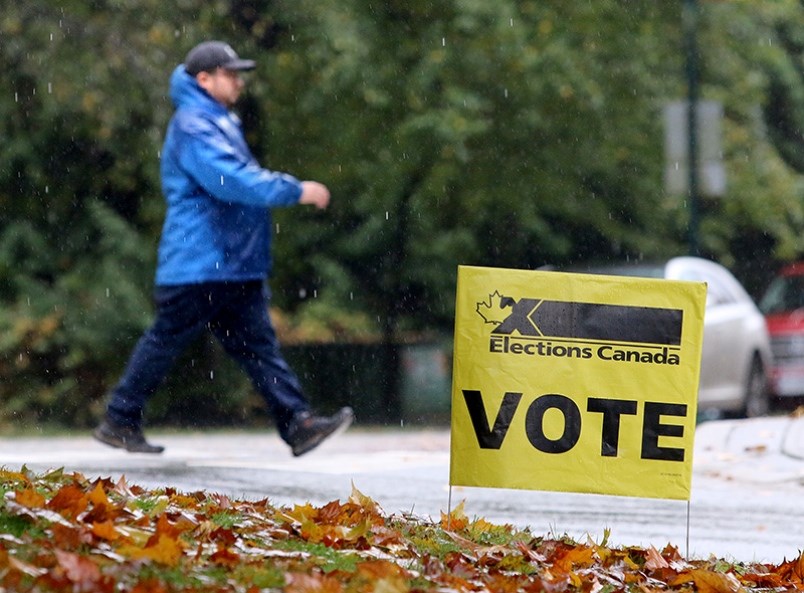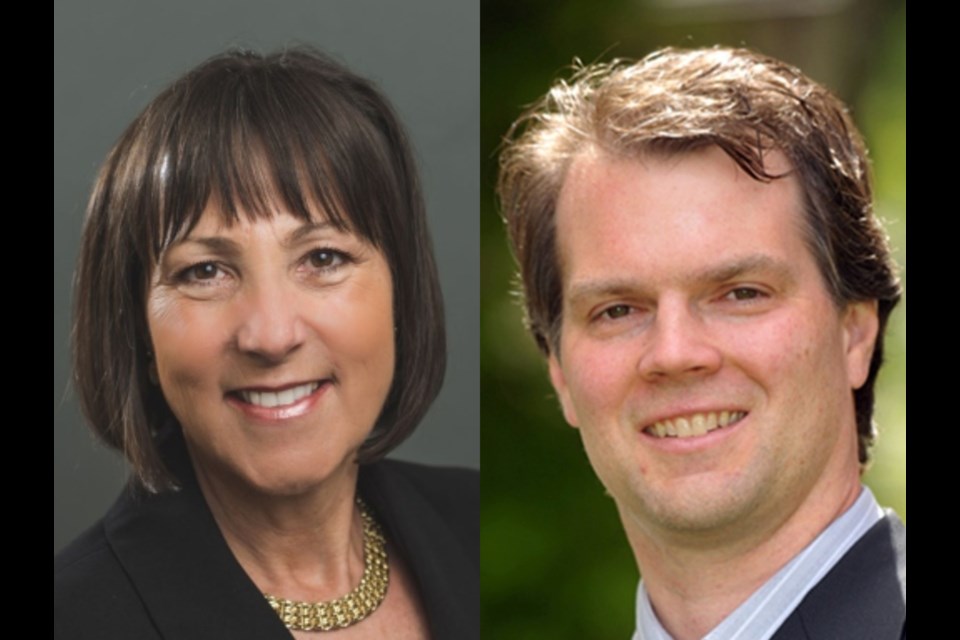In the lead up to the announcement of a snap provincial election Monday, the Tri-Cities’ battle lines were already being drawn.
A bureaucracy’s favourite communication tool, the press release, was beamed out in a staccato of promises and critiques.
Here in the Tri-Cities, the early messaging took direct aim at young families.
“BC Liberals commit to funding new Burke Mountain Middle/Secondary school,” read one Friday dispatch out of Coquitlam-Burke Mountain MLA Joan Isaacs’s office. “NDP continue to mislead public on child care progress,” read another Saturday morning.
Less than two hours later, the BC NDP sent out details of a new Tri-Cities urgent and primary care centre to be temporarily opened in a yet to be decided location. And Sunday, heads up on another $250,000 in government spending, this time directed towards Coquitlam and Port Coquitlam playgrounds.
Like most suburban ridings, the pronounced schism between left and right voters means tight races in the Tri-Cities in any election. And a spike in activity is predictable in the lead up to the announcement of a snap election. But what sets some of the Tri-Cities’ four ridings apart this year is just how close and critical to victory some of the races will be, according to experts.

In last year’s federal election, the riding of Port Moody-Coquitlam was the closest in the country, and in the last provincial election, BC Liberal MLA Joan Isaacs took her Coquitlam-Burke Mountain seat by a mere 87 votes. Another indicator Coquitlam-Burke Mountain is set to become a battleground riding: longtime politician Fin Donnelly recently announced his bid to contest the seat, something experts say he wouldn't do if the party didn't think it could win.
Of the ridings where the winners margin was less than 10% (20 in all, 9 NDP, 11 Liberal) all but four are in the Lower Mainland, noted Richard Johnston, UBC researcher and former Canada Research Chair in Public Opinion, Elections and Representation.
“There are only a handful of ridings in the province that are reasonably up for grabs,” added SFU political scientist Stewart Prest. “And that’s where the town meets the city.”
But stack the pandemic on top of that and the calculation begins to change. Governments that are seen as being broadly effective in regards to the pandemic are seeing a bump in the polls in several jurisdictions across the world.
As Prest described it: “There’s almost a COVID reward for government doing a good job. [The virus] sort of neutralized the normal debate.”
And with a concentration of COVID-19 cases having hit the dense urban areas of Metro Vancouver the hardest, Prest says many voters often concerned with such issues as climate change, housing affordability and transit will be asking themselves a much more basic question: What government is going to give me what I need to get through the next three months?
“Whatever the issues,” added Johnston, “they are likely to be ones on the minds of voters in Metro Vancouver.”



